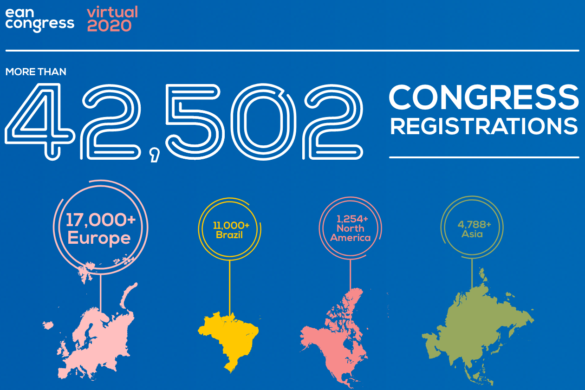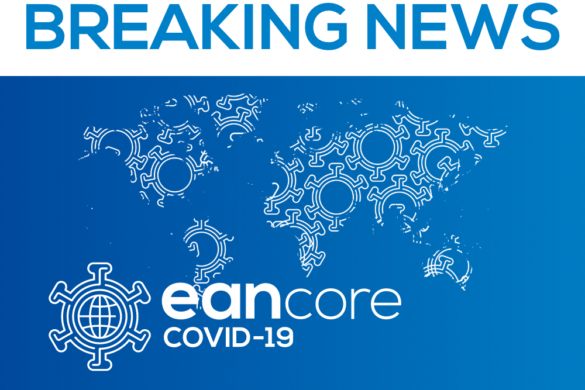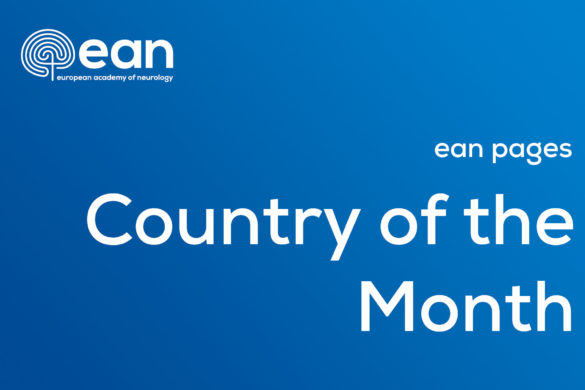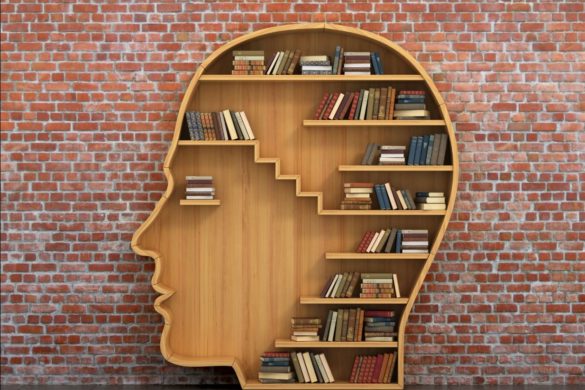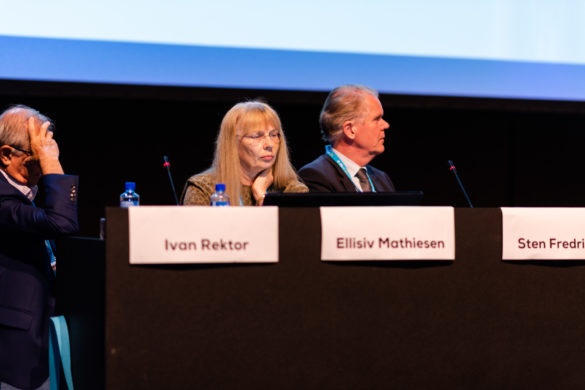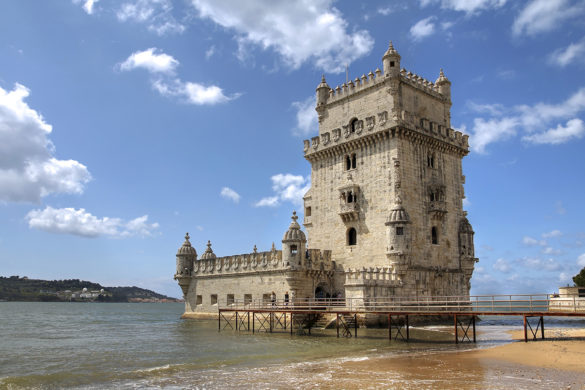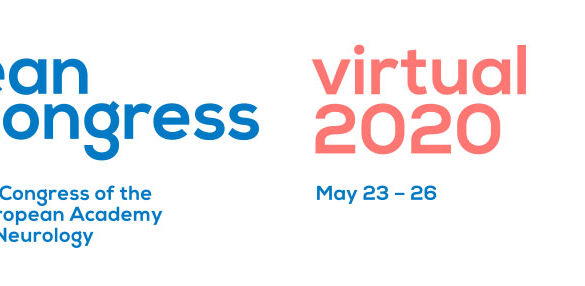By Prof. Dr. med. Hans H. Jung, Zurich, Dr. med. Daniela Wiest, Tschugg & Prof. Dr. med. Renaud Du Pasquier, Lausanne
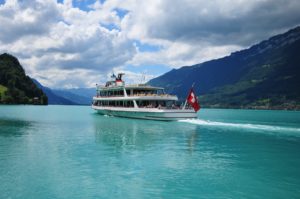 Switzerland is a beautiful country in the heart of Europe, stretching east to west from the lake of Constance to the lake of Geneva, and north to south from the river Rhine to the lago maggiore. Switzerland encompasses wonderful sceneries in the Alps, the middle lands and the Jura, which offer all kinds of outdoor activities in summer and winter, but also countless cultural events in his small but also metropolitan cities. Switzerland is a successful example that a multilingual and multicultural country can work. German, French, Italian and Roman are the national languages, and, with a population of 8.42 million inhabitants, Switzerland hosts more than 25% of foreign inhabitants from all over the world, all contributing to a beautiful, colorful and multicultural country, which regardless is deep-rooted in his traditions of independence, liberty, and direct democracy. The creative and dynamic Swiss environment offers plenty of room for innovation. According to the Global Innovation Index, Switzerland ranks first among the most innovative countries in the world. In addition to numerous innovations, historical buildings and architecture, of course you will also find lots of watches, cheese and chocolate in Switzerland.
Switzerland is a beautiful country in the heart of Europe, stretching east to west from the lake of Constance to the lake of Geneva, and north to south from the river Rhine to the lago maggiore. Switzerland encompasses wonderful sceneries in the Alps, the middle lands and the Jura, which offer all kinds of outdoor activities in summer and winter, but also countless cultural events in his small but also metropolitan cities. Switzerland is a successful example that a multilingual and multicultural country can work. German, French, Italian and Roman are the national languages, and, with a population of 8.42 million inhabitants, Switzerland hosts more than 25% of foreign inhabitants from all over the world, all contributing to a beautiful, colorful and multicultural country, which regardless is deep-rooted in his traditions of independence, liberty, and direct democracy. The creative and dynamic Swiss environment offers plenty of room for innovation. According to the Global Innovation Index, Switzerland ranks first among the most innovative countries in the world. In addition to numerous innovations, historical buildings and architecture, of course you will also find lots of watches, cheese and chocolate in Switzerland.
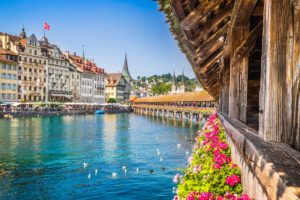 The Swiss healthcare system is fully available for all inhabitants, and counts to one of the best of the world. It comprises a network of highly qualified doctors and Swiss hospitals with the best equipped medical facilities. There are five academic hospitals with large Departments of Neurology, which, together with several larger and smaller neurological departments in cantonal and regional hospitals, provide neurological care for patients with all kind of neurological conditions, stroke included. Fundamental and clinical neuroscience is a very active research focus of academic neurological departments, Swiss universities and the Federal Institutes of Technology in Zurich and Lausanne. The number of Nobel Prize winners and scientific publications counted per inhabitant is one of the highest in the world.
The Swiss healthcare system is fully available for all inhabitants, and counts to one of the best of the world. It comprises a network of highly qualified doctors and Swiss hospitals with the best equipped medical facilities. There are five academic hospitals with large Departments of Neurology, which, together with several larger and smaller neurological departments in cantonal and regional hospitals, provide neurological care for patients with all kind of neurological conditions, stroke included. Fundamental and clinical neuroscience is a very active research focus of academic neurological departments, Swiss universities and the Federal Institutes of Technology in Zurich and Lausanne. The number of Nobel Prize winners and scientific publications counted per inhabitant is one of the highest in the world.
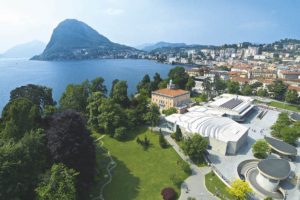 The Swiss Neurological Society (SNS) was founded in 1908 by Prof. Constantin Monakow, Prof. Robert Bing and colleagues. Currently, the SNS has 751 members, including 181 junior neurologists in the Swiss Association of Young neurologist (SAYN). The main aims in the first bylaws of the society in 1908 were (1) the promotion of neurological research in collaboration with other medical fields (anatomy, physiology, medicine, surgery, psychology, psychiatry), (2) the support of interactions between members and (3) the representation of practical interests of neurology (e.g. in the care of patients and in teaching the discipline). Although the complexity of medicine in general, and Neurology in particular, grew exponentially in the last decades, the spirit of this statement is still valid.
The Swiss Neurological Society (SNS) was founded in 1908 by Prof. Constantin Monakow, Prof. Robert Bing and colleagues. Currently, the SNS has 751 members, including 181 junior neurologists in the Swiss Association of Young neurologist (SAYN). The main aims in the first bylaws of the society in 1908 were (1) the promotion of neurological research in collaboration with other medical fields (anatomy, physiology, medicine, surgery, psychology, psychiatry), (2) the support of interactions between members and (3) the representation of practical interests of neurology (e.g. in the care of patients and in teaching the discipline). Although the complexity of medicine in general, and Neurology in particular, grew exponentially in the last decades, the spirit of this statement is still valid.
At present, the SNS organizes the specialist training of neurologist including the final exams, the certification of all departments of neurology in Switzerland, and promotes neuroscientific research. In addition, the SNS is responsible for the negotiations for the reimbursement of fees of in- and outpatient care, the relationship to other medical specialties and healthcare system authorities, and many other tasks related to clinical and scientific neurology. The SNS shares some of these tasks with the Swiss Federation of Clinical Neuro-Societies (SFCNS), and intends to play an active role in Europe, in particular in the European Academy of Neurology (EAN).





